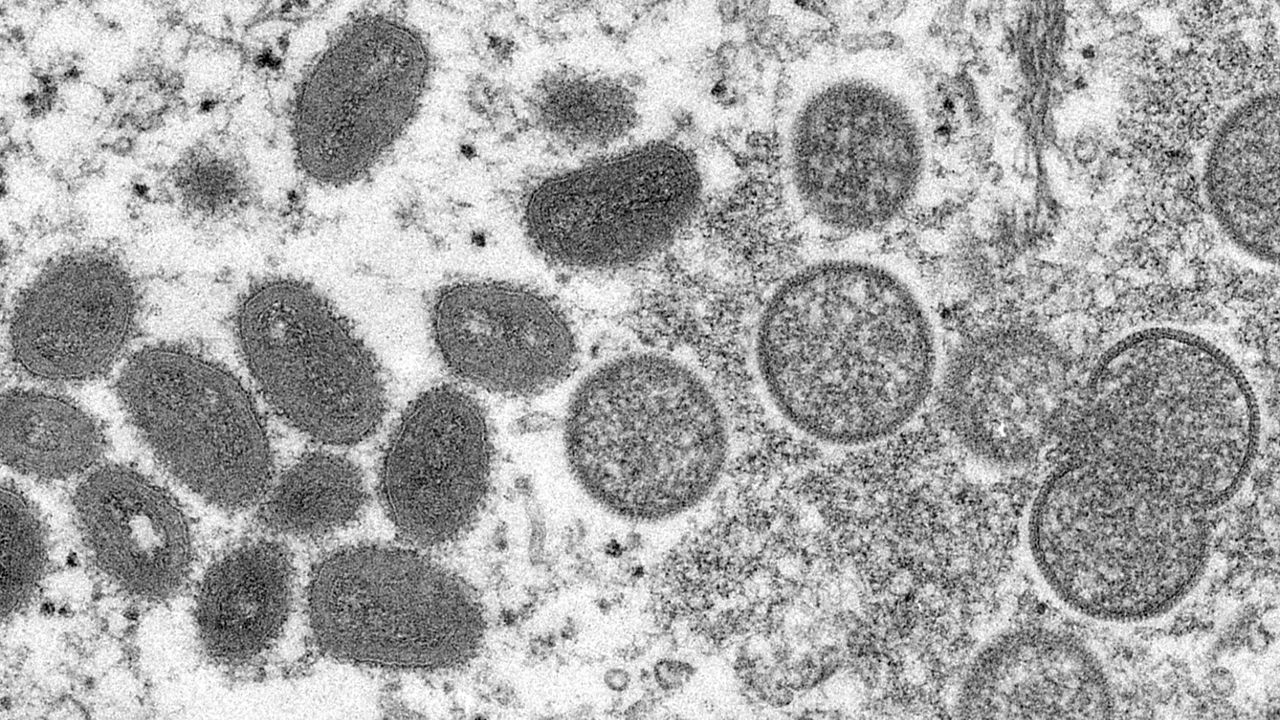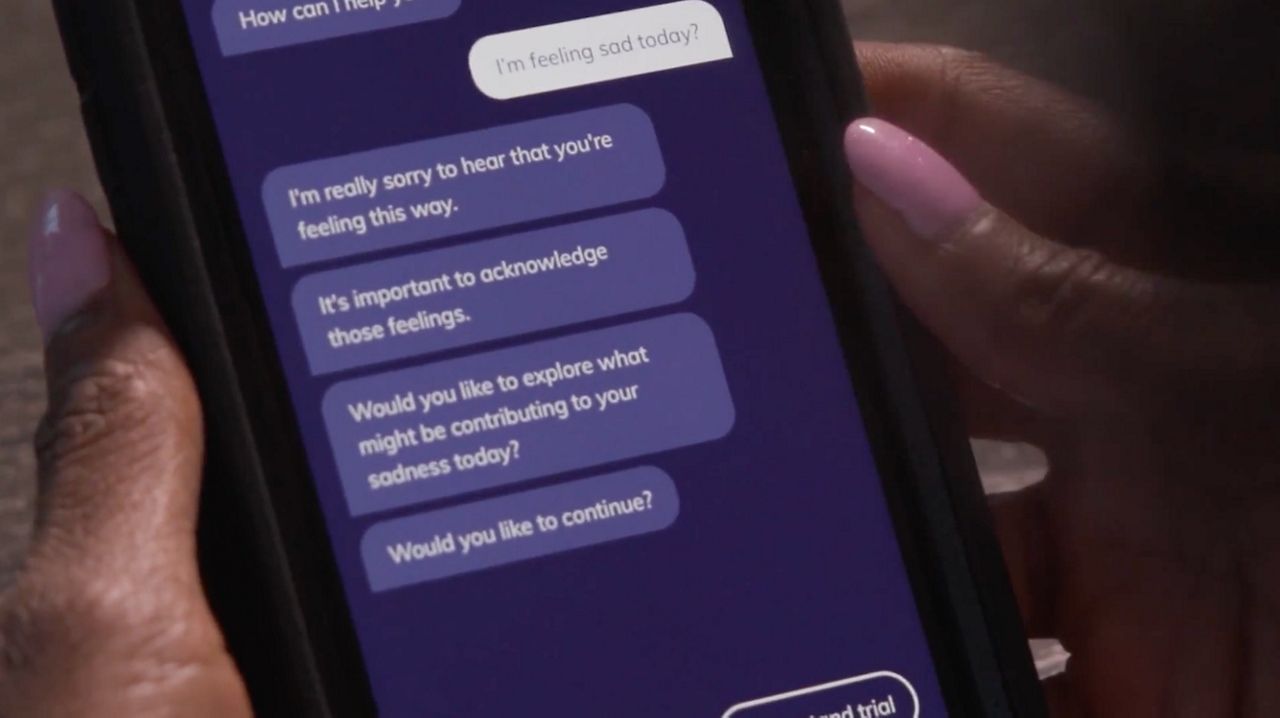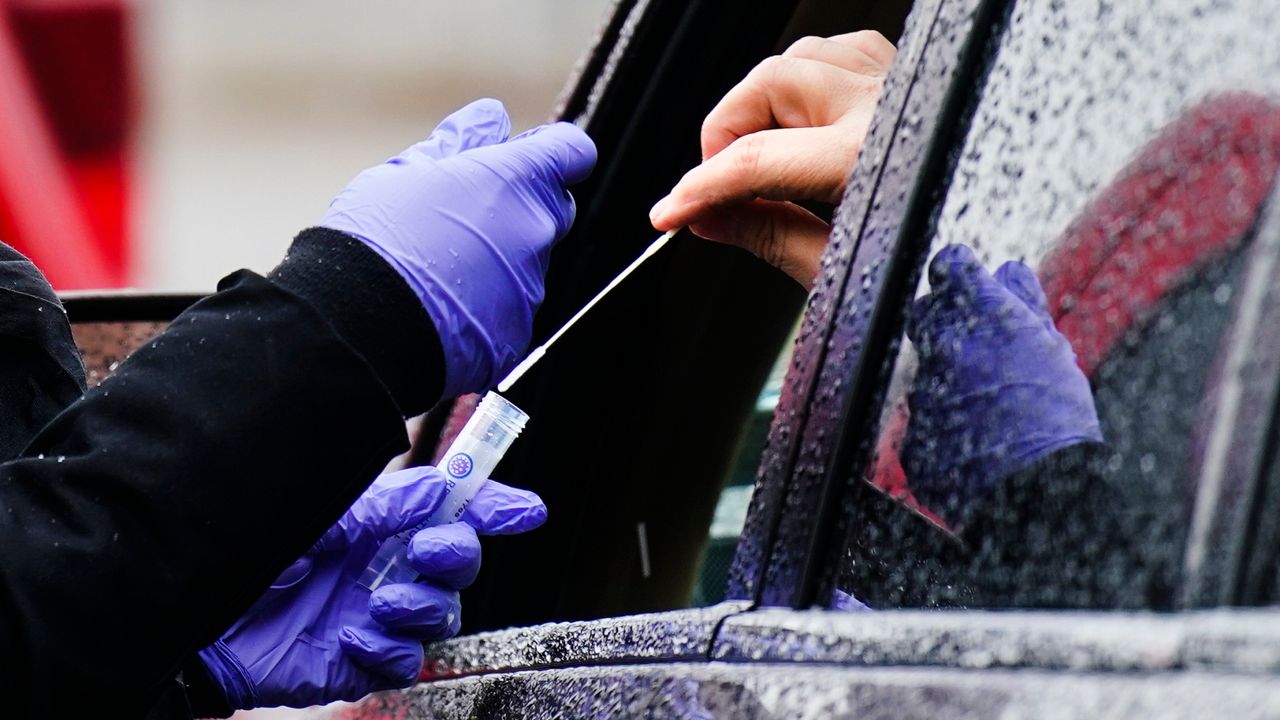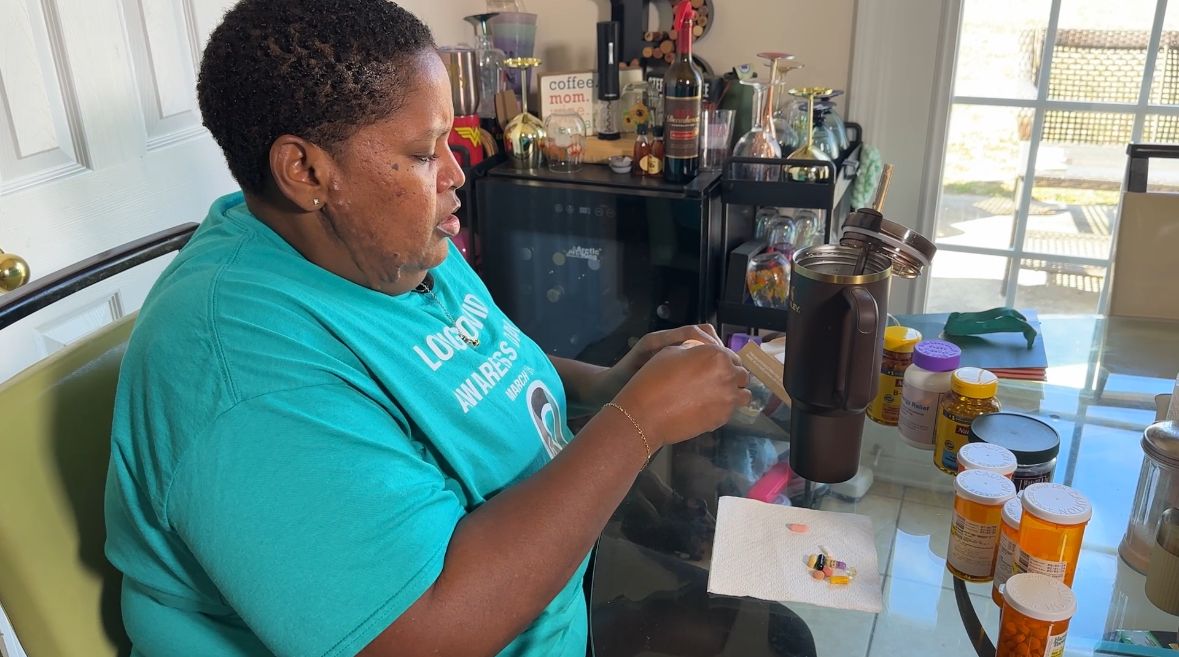There have been 10 confirmed cases of monkeypox in North Carolina since the virus was first reported in the state late last month, according to the Centers for Disease Control and Prevention.
The North Carolina Department of Health and Human Services on Thursday released its plan to respond to the virus, which has sickened more than 1,000 people in the United States since the outbreak began earlier this year.
"We have been monitoring the monkeypox outbreak and planning our response even before the first cases were reported in North Carolina," said DHHS Secretary Kody Kinsley. "Releasing this plan helps all North Carolinians, including caregivers across our health system and individuals to be on the same page about what they can do to control the spread of monkeypox."
The state has gotten enough monkeypox vaccine to fully inoculate about 1,400 people, according to DHHS. Those shots have been distributed to seven health departments: Buncombe, Durham, Forsyth, Mecklenburg, New Hanover, Pitt and Wake counties.
"These seven locations are sharing vaccine with other health departments and some clinics to ensure availability of vaccine throughout the state," DHHS said.
Public health officials are prioritizing people who have been exposed or who are at higher risk, according to DHHS.
"Gay or bisexual men or transgender individuals who had multiple sex partners or anonymous sex in the last 14 days are also eligible for a vaccine," DHHS said. "Supplies are limited, but more are coming."
DHHS said anyone who had contact with people who have monkeypox should be checked by a doctor.
"If you have bumps, sores or a rash that looks like blisters or pimples, see a health care provider," DHHS said.
Testing is widely available through doctors' offices and local health departments, public health officials said.
"Health care providers are the key link in getting checked, getting tested and getting protected," said Dr. Elizabeth Tilson, the state health director. "We want to emphasize that testing is widely available, and anyone with symptoms should be tested."
The virus is transmitted through physical contact, including direct contact with the rash, sores or bodily fluid, according to the CDC. The virus can also spread by kissing or prolonged face-to-face or intimate contact.
The virus can also be transmitted by touching linens or clothes that have been in contact with a monkeypox rash or sores.
"Monkeypox is a viral illness that typically begins with flu-like symptoms and swelling of the lymph nodes and progresses to a rash, like blisters or pimples, on the face and body. Most infections last two to four weeks, and most people with monkeypox get better on their own without treatment," according to DHHS. The virus is rarely fatal.







-4)
